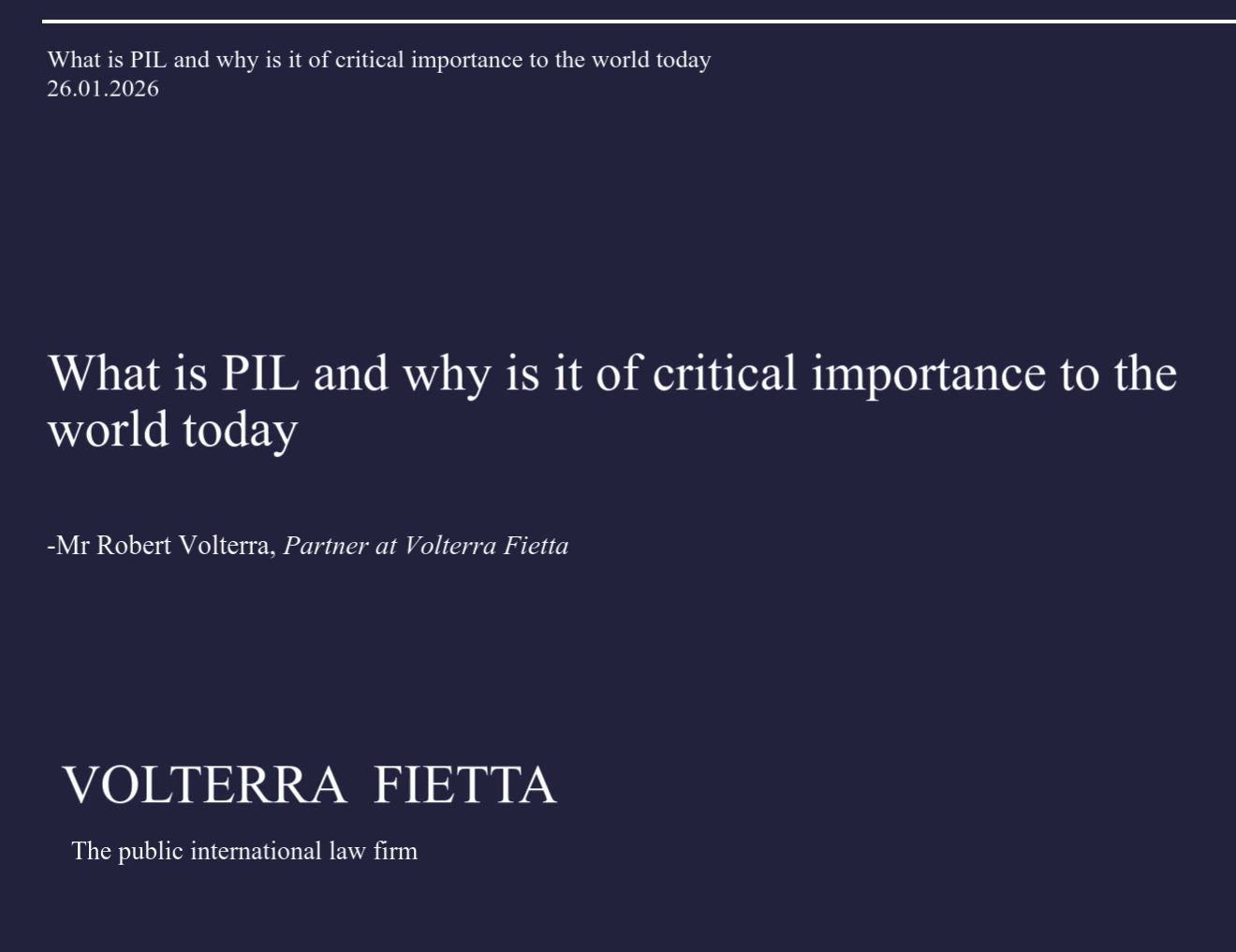On 3 October 2024, the Prime Ministers of the United Kingdom (“UK”) and Mauritius announced a historical return of the Chagos Islands to Mauritius following decades of dispute over the islands.
Introduction
After 13 rounds of negotiations over two years, the UK and Mauritius have finally reached a deal on the Chagos Islands. Although the agreement has not been finalised into a treaty, on its completion, the agreement shall revert sovereignty of the Chagos Islands to Mauritius, allowing dispersed Chagossians the right to return to Chagos. However, the Diego Garcia Island, the largest of the Chagos Islands, which is home to a joint UK-United States (“US”) military base will remain under UK control for an initial period of 99 years. The UK-US military base is strategically positioned about halfway between East Africa and Southeast Asia and is crucial to the US’ security interests in the Indo-Pacific. Under this agreement therefore, Mauritius will be able to begin a programme of resettlement on all the Chagos Islands except the Diego Garcia.
Background
In 1965, pursuant to the Lancaster House agreement, the UK detached Chagos Islands from Mauritius before Mauritius gained independence in 1968. The islands were constituted as the British Indian Ocean Territory (“BIOT”) and governed as a new UK colony. In 1966, after the formation of BIOT, an agreement was signed between UK and US making the Diego Garcia Island of the Chagos Archipelago available to satisfy defense needs of both governments. In view of this military base, between 1967 and 1973, up to 2,000 people on the Chagos Islands were forcibly evicted from their homes in what has been described as a crime against humanity. As of 2019, the UK government claimed it had paid substantial compensation (around £15.5 million in [2019] current prices) to Chagossians in full.
Legal challenges over the sovereignty of the Chagos Islands
In 2000, the UK High Court in R (Bancoult) v. Secretary of State for Foreign and Commonwealth Affairs [2001] QB 1067 found that the Immigration Ordinance 1971 which effected the removal of the Chagossians was unlawful. Almost a decade later, the House of Lords in R (On The Application of Bancoult) v. Secretary of State For Foreign and Commonwealth Affairs [2008] UKHL 61 overturned a series of decisions by judges in lower British courts that had found the exile of Chagossians to be unlawful. After unsuccessful challenges by Chagossians in the UK Supreme Court and European Court of Human Rights, the International Court of Justice (“ICJ”) in the 2019 Advisory Opinion of the Legal Consequences of the Separation of the Chagos Archipelago from Mauritius in 1965, 2019 I.C.J. 137, February 25 (“Chagos Islands case”), found that the detachment of the Chagos Islands from Mauritius was “not based on the free and genuine expression of the will of the people concerned”. The ICJ held that the UK was under an obligation to end its administration of the Chagos Archipelago as rapidly as possible.
The UK government rejected the 2019 Advisory Opinion. That same year, the United Nations General Assembly resolution A/RES/73/295, endorsed by 116 member states, gave the UK six months to hand back the Chagos Islands. The UK government ignored the resolution. It was only in 2022 that the UK and Mauritius started formal negotiations over Chagos Islands in response to agitations from African leaders within the United Nations General Assembly.
Reactions
Olivier Bancoult, the Chairman of the Chagos Refugee Group, an organisation that advocates for the return of the Chagossians to their land, welcomed the deal as a victory in recognition of injustices following eviction from the Chagos Islands over 50 years ago. On the other hand, some Chagossians have pushed-back against the decision of the UK government to release the islands to Mauritius. They dispute Mauritius’ sovereignty over the Chagos Islands and are campaigning for self-determination as indigenous people. Chagossian Voices, a Chagossian community in the UK, deplored the exclusion of the Chagossian community from the negotiations and demanded full inclusion in the drafting of the treaty.
For further information, please contact info@volterrafietta.com.



